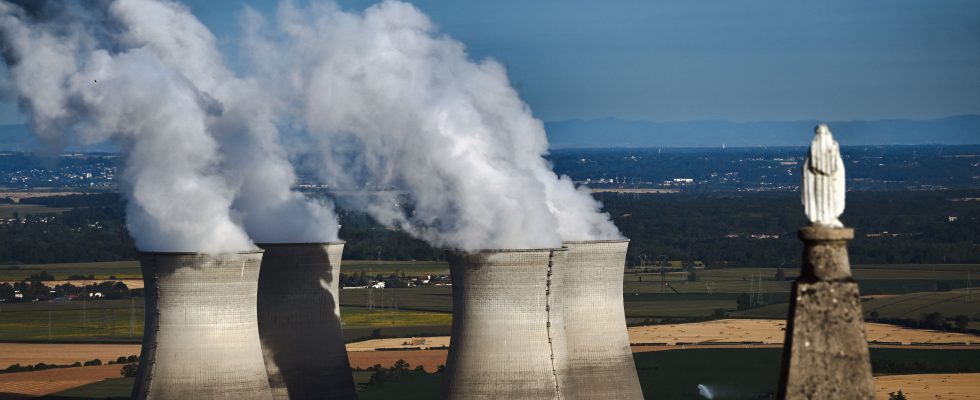Energy is the lifeblood of human societies, whatever they may be. However, the energy consumption of the 8 billion human beings who live on our planet comes mainly from carbon-based fossil fuels, which therefore emit greenhouse gases: oil (32%), gas (27%), and coal. (23%), or a total of 82% (global statistics from June 2023). The rest comes from non-carbon energies such as intermittent renewable energies (wind and solar) for 7%, hydraulic energy (dams) for 7% and nuclear energy for 4%.
Result: barring radical changes in our energy-intensive societies, or a major technological breakthrough, this equation will not fundamentally change in the foreseeable future. To assert the opposite is a utopia. Another utopia is to want to frantically develop solar and wind power to solve the problem, especially since these energies are intermittent (and random for wind) and massive storage of electricity is totally illusory. This leaves hydraulics, whose development potential is limited, and nuclear power.
Opponents of nuclear energy (there are fewer and fewer of them!) use the argument (among others) that this energy is not sustainable due to the rapid depletion of natural uranium resources. They are not completely wrong. Indeed, according to the estimates of major international organizations, validated by all specialists in the mining sector, the assured or presumed natural uranium resources exploitable at reasonable costs are of the order of 12 million tonnes. However, with such potential resources, a serious shortage of uranium is looming at the end of this century, even assuming modest growth in the number of nuclear reactors in the world, the rate of which is currently intensifying.
The solution ? Do without natural uranium. Dream of a mad scientist? No, it’s perfectly feasible. These are fast neutron nuclear reactors (FNR) that regenerate fissile materials. This process is based on the manufacture in the reactor itself of fissile plutonium, Pu (therefore nuclear fuel) from depleted uranium, Uapp, in a quantity at least equivalent to that consumed by the reactor to produce electricity . This exceptional specificity of RNR makes it possible to ultimately free ourselves from all our imports of natural uranium while multiplying the energy potential of natural uranium by a factor of 100: 1 (Pu) + 1 (Uapp) = 100.
It is a scientific and technical reality validated by international experience acquired on these nuclear reactors. However, we are the only country in the world that brings together all the assets to deploy these RNR on a large scale. Indeed, our country has unique experience in the world on this technology, thanks to our vast past R&D program crowned by the construction and operation of the Phénix and Superphénix RNRs. In addition, France benefits from unrivaled industrial know-how in the processing of spent fuel and the recycling of plutonium which is obviously necessary for the operation of FNRs.
Finally, we have accumulated on our national territory enormous quantities of depleted uranium (330,000 tonnes to date) which secure the supply of a park this RNR for several thousand years and which thus eliminates all our needs for import of natural uranium. Add to this the fact that major industrial countries such as Russia, China and India have already built (or are completing the construction) industrial prototypes of FNR. Given the inertia which characterizes the realization of new projects in the nuclear sector, and taking into account industrial realities, we must start now. Otherwise we will only have to meditate on Douglas MacArthur’s phrase: “Lost battles can be summed up in two words: too late.”
* Dominique Grenêche is a doctor in nuclear physics and a member of the NGO PNC-France (Nuclear Heritage and Climate)
